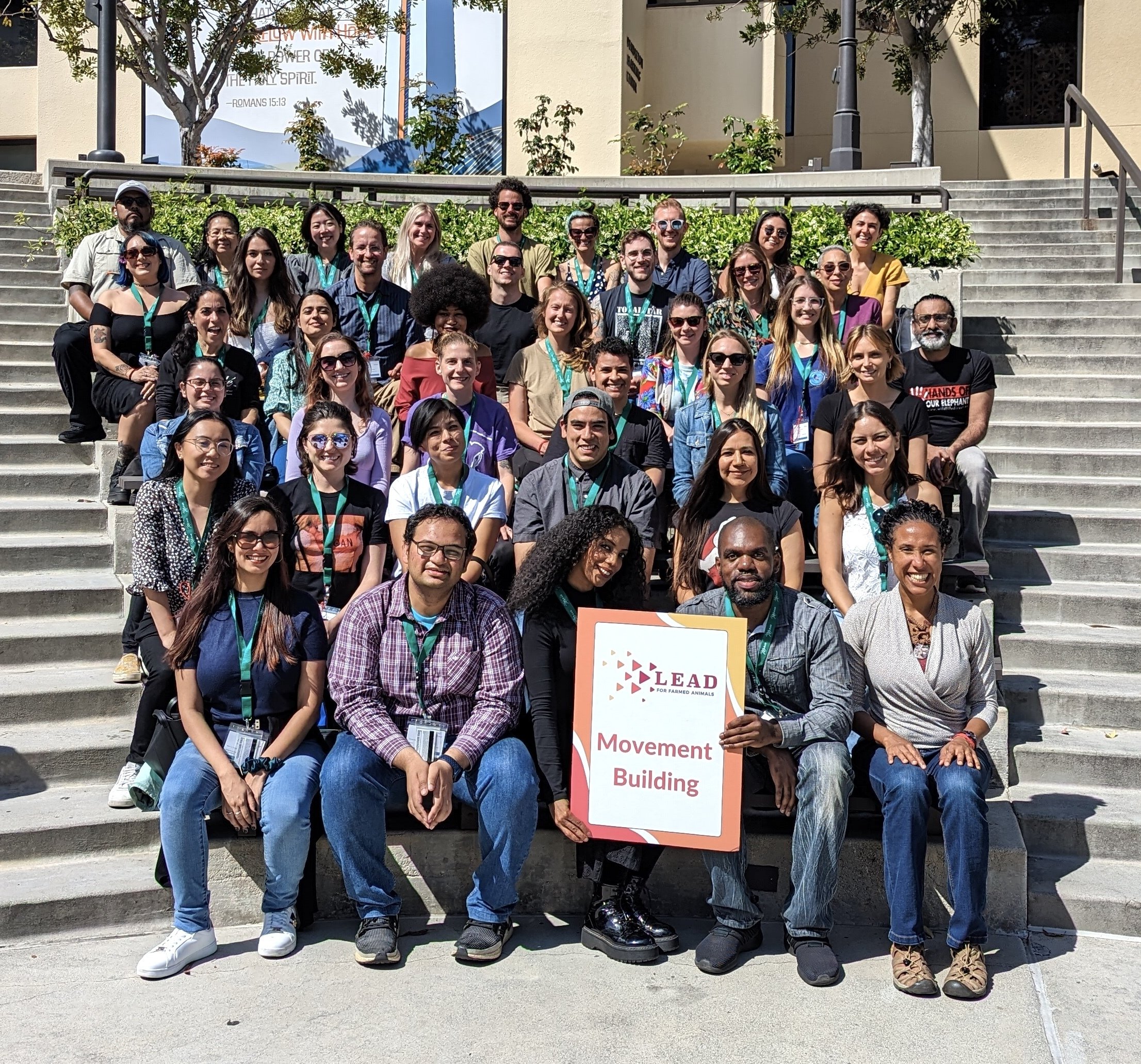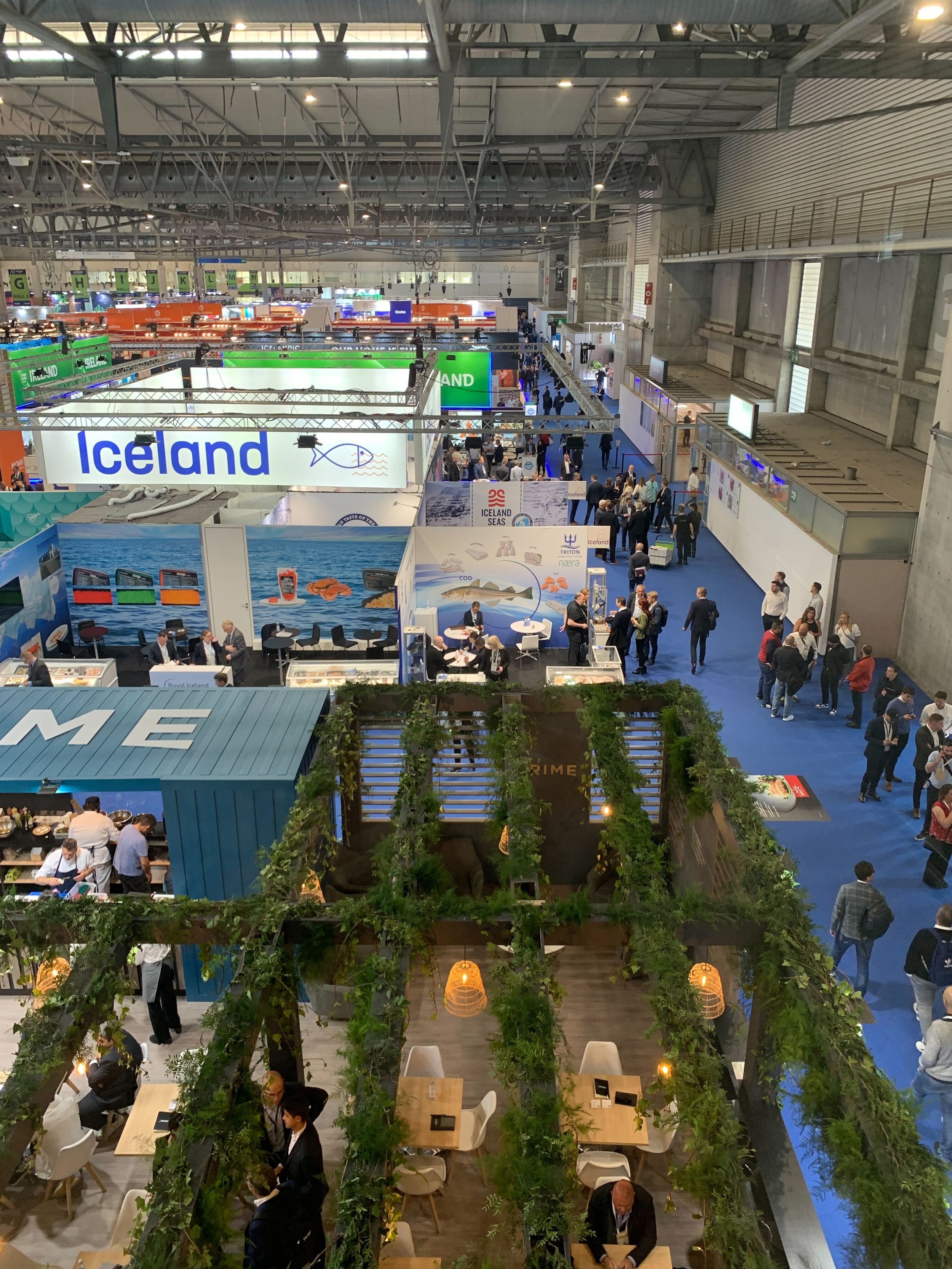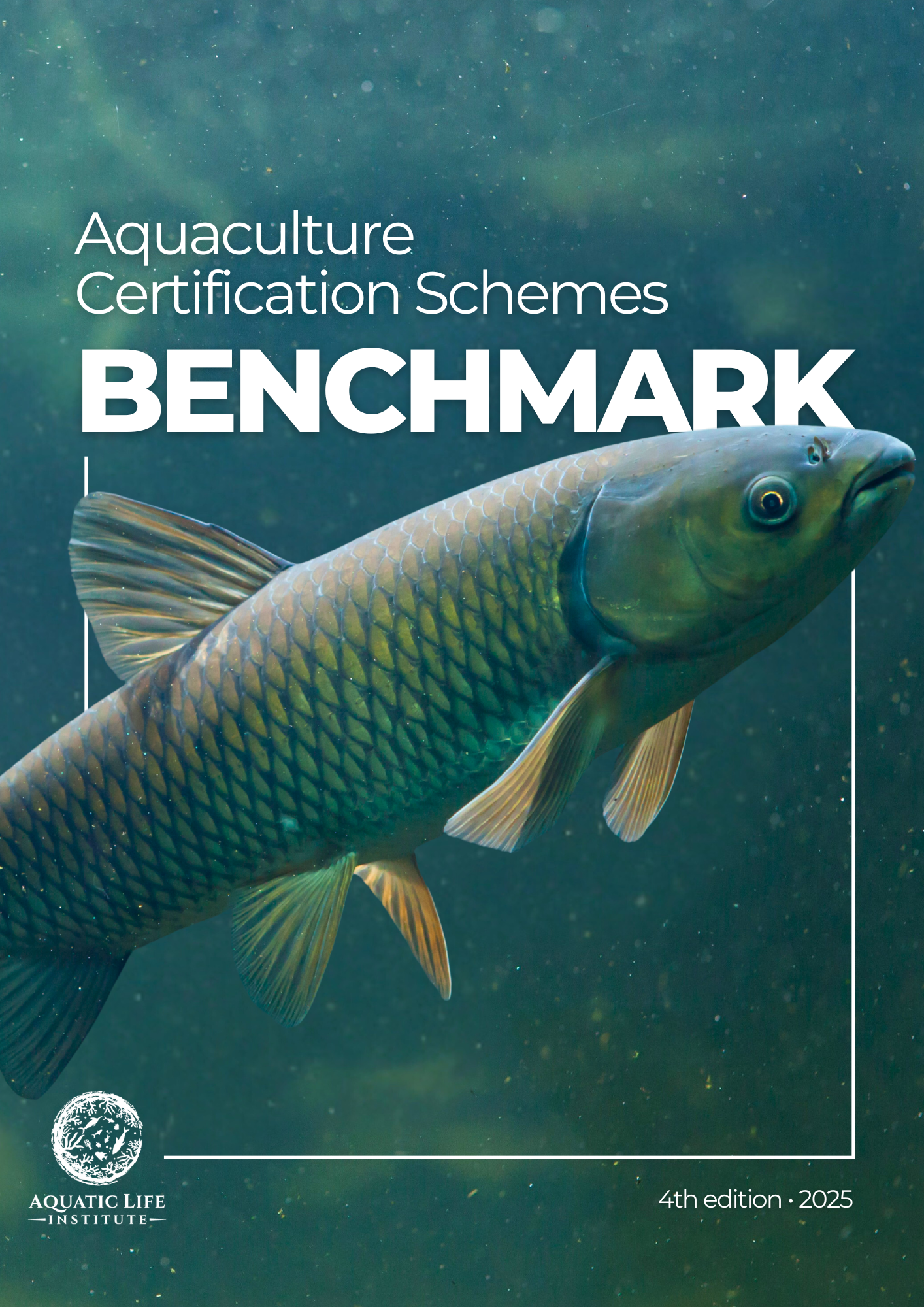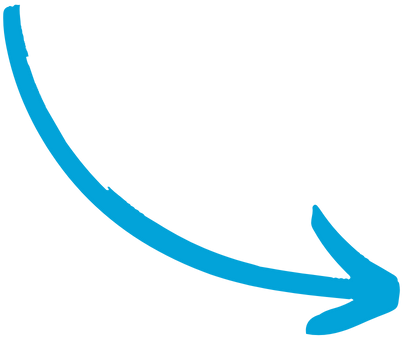
Certifier Campaign
Healthy aquatic animals in both physical and psychological terms translates to less stress and disease, less antibiotic use, and less deaths before they even reach the market, helping to preserve our fish stocks. Aquatic Life Institute (ALI)’s Certifier Campaign’s main objective is to improve and to hold seafood certifier standards accountable: seafood products labeled as “sustainable” or “responsible” must include the most robust animal welfare considerations.
We achieve this through our annual Certification Benchmark, through which we analyze welfare requirements within the primary farming standards of global seafood certification schemes, and issue public ratings and individual recommendations for improving their standards and ranking in future years.
The concept of what constitutes a “high welfare seafood product” is still currently largely undefined worldwide. For farmed animals on land, there are many different labeling schemes and standards, such as “cage free” and “humanely-raised”. Even though this is a major step in the right direction for animal welfare, it has also contributed to a certain level of confusion for consumers in what they mean exactly. Disjointed labeling regimes are bad for both the animals and for consumers who are trying to make responsible purchases. In terms of aquaculture, “humanely-raised” standards must include more than just stunning before slaughter. Specifically, the welfare conditions all the way from birth to death during each life stage must be considered.
Furthermore, we also advocate for high welfare standards for aquatic animals not directly used for human consumption, such as cleaner fish, feeder animals, and broodstock. As for wild-caught aquatic animals, we hope to see an end to destructive fishing practices that cause bycatch, illegal, unreported and unregulated (IUU) fishing, and we aim to minimize the suffering of aquatic animals during the time of capture, retrieval, onboard handling, transport, and stunning & slaughter.
The global consumption of seafood is projected to double from 2015 levels by 2050. With over 50% of the world’s seafood being farmed now, aquaculture will have an increasingly important role to play. Aquaculture Stewardship Council (ASC) is setting the standard for seafood to drive the industry globally towards sustainability and responsibility. Animal health and welfare is a key component in ASC’s new Farm Standard and ASC has a shared vision with Aquatic Life Institute to improve health and welfare in seafood farming.
- Maria Filipa Castanheira, Fish Welfare Coordinator, Aquaculture Stewardship Council
Highlights
-
Aquaculture Stewardship Council (ASC) removed the "stress test" as an indicator within the Shrimp Handling Management System requirements following Aquatic Life Institute’s feedback, recognizing this practice as being invasive and outdated.
-
Two global seafood certifiers, RSPCA and Friend of the Sea, have prohibited the certification of any form of octopus or cephalopod farming.
